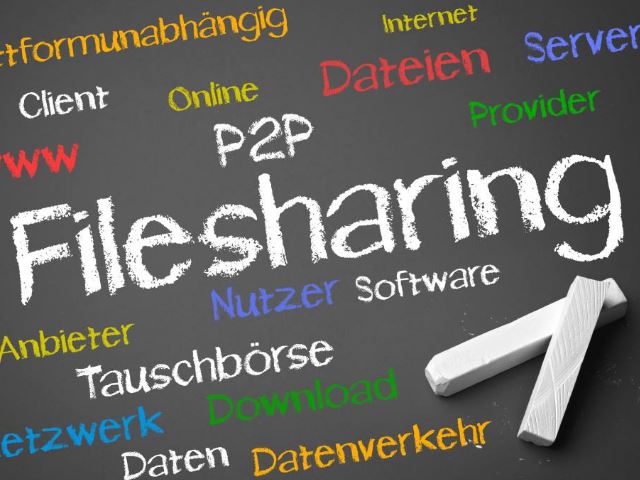UK Monitoring Internet and Phone Traffic
Last Updated: Apr 20, 2012
Usenet Service Providers, Newsreaders, NZBSites and other Usenet related software and news by usenetreviews.org
Internet surfers using Usenet, torrenting, and other P2P type services in the UK can now expect to have their connection watched by Big Brother. According to ZDNet, the agency responsible for monitoring the internet traffic will be their intelligence agency GCHQ. A warrant is still required, according to the report, but ISP’s will be now required to give the agency a real time mirror of the desired connection traffic.
What Are They Looking For
Their claim is that they are looking to protect the public from terrorists and hard line criminals…almost verbatim to every other claim that has been made in the past. But in the UK, internet users are probably already used to their connections being watched, corporate interest groups, like the RIAA, have already invaded their privacy through the ISP’s. In the end, their quest to completely quell piracy has taken precedence over basic rights, such as the right to privacy.
But You Can Get Your Privacy Back
A secure connection for your internet, or your Usenet connection is as easy as using a VPN. With a VPN your traffic will be tunneled, then encrypted…even if they can get into your tunnel, they won’t be able to decrypt the stream in real time, if at all. Another huge advantage is that they wont be able to tell where it came from, or who it’s being sent to: anonymity.
Want Even More…Use SSL
If a Usenet provider allows SSL, (and many do,) you really should already be using it. It is a wise move at the very least. But, using SSL along with a VPN service, like VyprVPN, makes your connection almost bullet proof. Monitoring in real time would require a key, which only your machine and the VPN server will have.
Keep Your Connection Safe From Prying Eyes
These monitoring activities will potentially make all the data you transmit on the internet available to someone else’s employees, and in the UK your only recourse to keep your passwords, and any other information you send and receive, private is to use a VPN combined with SSL. At one time it was impossible for these agencies and corporations to keep track of the sheer volume of data, but that is no longer true. But on the other side of the tracks, access to security like VPN and SSL has also grown, but now maintaining privacy is up to the user.



